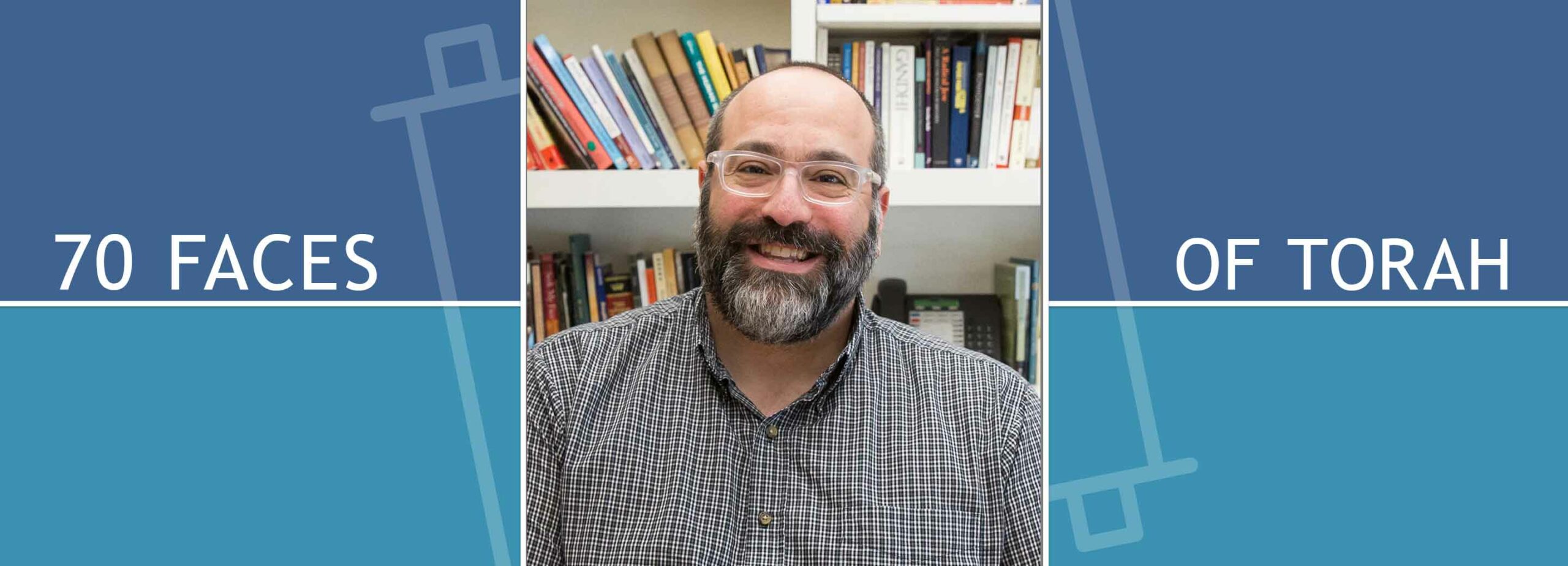Deuteronomy Teshuvah: Wisdom from Teachers and Children

On Father’s Day 2015, I traveled with my children to New Haven, Connecticut to celebrate with my father-in-law. On our way home to Boston, we stopped in Hartford because my teacher, Rabbi Zalman Schachter-Shalomi (of blessed memory) had fallen gravely ill while teaching at a nearby retreat center. Knowing that my kids might not have many more opportunities to engage with Reb Zalman (as he is affectionately known), I asked them to think in advance about a question they might want to ask him.
When we arrived at his hospital room, I was surprised to see my lifelong mentor looking so fragile and connected to several machines. This was the person who held me in his arms at my circumcision, who helped me put on my prayer shawl at my bar mitzvah, and who, several years later was one of the rabbis to ordain me.
My daughter, however, was undaunted, and walked right up to Reb Zalman’s bed and told him that she had a question for him.
He smiled, adjusted his glasses, and said, “Go ahead, let’s hear it.”
“How did you become so smart?” she asked.
After suppressing a giggle, Reb Zalman took a deep breath and responded: “To tell you the truth, I am not so proud that I am smart. After all, God gave me my brain and my parents and teachers gave me a good education. What I am prouder of is that I have become wise.”
Without missing a beat, my daughter retorted: “So how did you become wise?”
This time, Reb Zalman let out a chuckle, then looked directly at her and said: “I became wise by making a lot of mistakes and trying to learn from them.” He paused for a moment, and with a characteristic glint in his eye, added, “And if you want to know more, ask your sabba (grandfather) and savta (grandmother) because they were there!”
I have been thinking a lot about that story lately. Not only because am I working on editing a collection of Reb Zalman’s teachings with a dear colleague, but it is the Hebrew month of Elul and this is a time for intensive introspection in preparation for the High Holy Days. This is the season to ask big questions–to sift and sort, seeking to clarify who we are and who we wish to be. In a word, it is the season of teshuvah, of turning and returning, to self, other, and to God.
In thinking about what was my last encounter with Reb Zalman and the process of teshuvah, the following insights (re)emerged for me:
- One cannot become wise without making mistakes, but one must also admit to their mistakes and work diligently to ameliorate them. On the one hand, our ancient sages teach us that God created teshuvah before creating the world (see, for example, BT Nedarim 39b). Why? Because the Divine understood that without failure there could be no growth. And without growth, life is meaningless. On the other hand, we have to honestly assess our actions–good and bad. The philosopher Martin Buber astutely notes that among the first acts of the first human beings in the Hebrew Bible is to sin and to hide (Genesis 3:8). He goes on to say that Adam and Eve begin their journey as mature people when they bravely decide to answer God’s call–to come out of hiding (The Way of Man, pp. 8-10).
- We need dedicated times for teshuvah like Rosh Hashanah and Yom Kippur, and these days are but reminders of an ongoing, lifelong process. Without the grandeur and intensity of the High Holy Days, it would be more difficult to attend to the work of repentance and repair the rest of the year. One of the gifts of religion (all religions) is the institution of sacred times and places at and in which to bring specific focus to different dimensions of our lives. These seasonal and physical markers remind us of what is most important in life. At the same time, the rabbis said long ago that while we symbolically close “the gates of teshuvah” at the end of Yom Kippur, they are, in fact, open every day (see, for example, Lamentations Rabbah 3:43). The question is if we are aware enough, and brave enough, to pass through them.
- We need to take full responsibility for our actions, and we need supportive and challenging companions to help us along the way. It is tempting to blame other people or institutions for our misbehavior. Life is not always fair, and there are individuals and societal structures that act against righteousness and justice. And, we are endowed with free will. We cannot control life, but we can respond to it in more or less thoughtful and compassionate ways. At the same time, surrounding ourselves with people who are caring and honest enough both to praise and criticize us when necessary is foundational to living a good and upright life. Returning to the image of Adam and Eve, the sages remark that Eve is to function as both one who both “helps” and “stands against” (BT Yevamot 63a, based on the Hebrew wording in Genesis 2:18). We all must serve both functions in the lives of those we call our lovers and friends.
One of my favorite passages in the Hebrew Bible (and liturgical texts) is Psalm 90, in which the ancient poet asks God for help in gaining a “heart of wisdom” (verse 12). In preparing for Rosh Hashanah, I am inspired by the wisdom of my teacher in his interaction with my intrepid daughter. Life is complicated, we will make mistakes, and we have the opportunity to grow and change. This is the season to take the next step.
Rabbi Or N. Rose is Director of the Hebrew College Miller Center for Interreligious Learning & Leadership.

